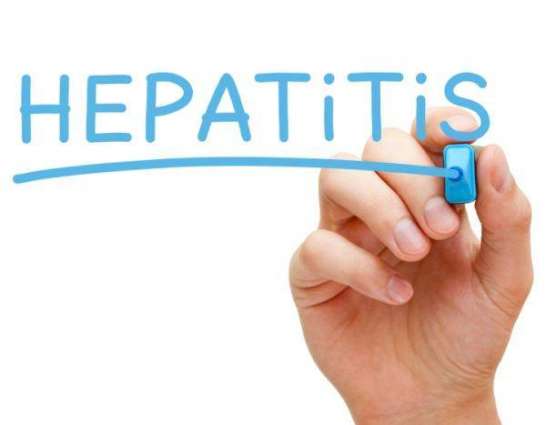Six EU countries and the UK have reported 303 cases of hepatitis A virus (HAV) infections, including food-borne and sexually transmitted ones, the European Centre for Disease Prevention and Control (ECDC) reported on Thursday
MOSCOW (Pakistan Point News / Sputnik - 29th September, 2022) Six EU countries and the UK have reported 303 cases of hepatitis A virus (HAV) infections, including food-borne and sexually transmitted ones, the European Centre for Disease Prevention and Control (ECDC) reported on Thursday.
"As of 29 September 2022, 303 cases with identical or closely related HAV strains have been identified in Austria (7), Germany (8), Hungary (161), the Netherlands (8), Slovenia (35), Sweden (8), and the UK (76)," the center said in a statement.
The highest number of cases, 161 , including 139 men and 22 women, was recorded in Hungary, the EU agency said, adding that the country was the first to report the outbreak.
According to the Hungarian national hepatitis laboratory, the transmission of the virus is possible during sexual contacts, since among those infected in the country there were men who had previously had sex with men, the ECDC said. Some people were hospitalized, the report said.
"Currently available epidemiological and microbiological data suggest that human-to-human transmission has occurred, and possibly also transmission through contaminated food," the center noted.
A food-borne outbreak was also suspected this summer, when 16 people contracted HAV IB infection after eating a frozen berry soup in a Hungarian restaurant, the EU body reported.
"In the UK, no clear source of infection has been identified, but epidemiological investigations so far indicate possible foodborne infections in addition to person-to-person transmission," the center reported.
Germany, the Netherlands and Sweden reported a total of nine cases of infection with strains that match the sequences of the British one.
The center said that further investigations were underway.
Hepatitis A is highly transmissible through contaminated water, food and fecal-oral route among close contacts. The average incubation period for the virus is four weeks. The virus is highly resistant to environmental conditions and to various storage methods, such as acidification or freezing. Therefore, possible food-borne transmission should be investigated when multiple causes are reported in a short timeframe, the center noted.
The EU agency called for compliance with personal hygiene rules, the use of protective equipment during sexual intercourse, as well as vaccination to prevent the spread of hepatitis A. The center also suggested the dissemination of information about sexually transmitted infections through social networks, media and dating apps.




